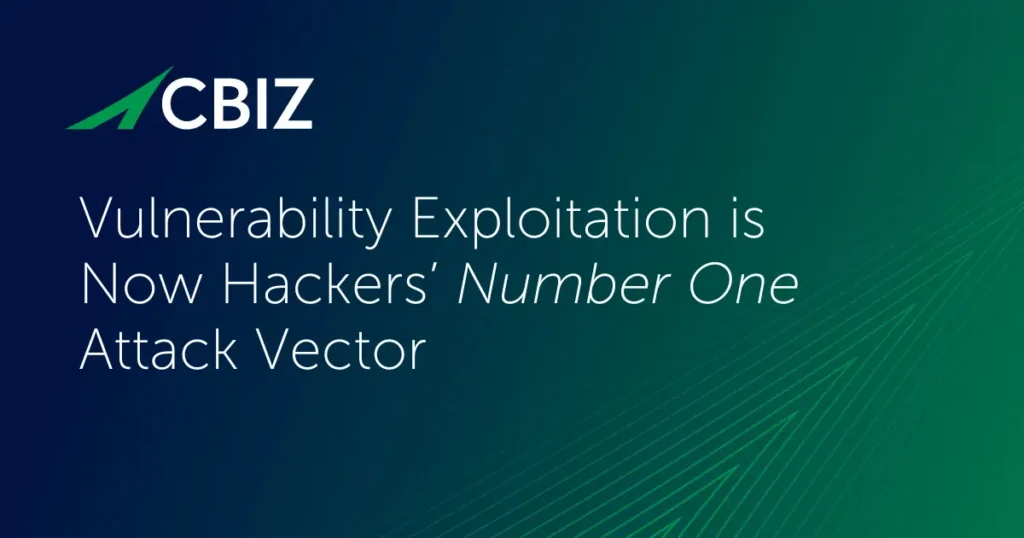Last Updated on January 20, 2025
Not all private equity investors have the same approach to influencing the companies they invest in. Some take control outright, while others prefer a minority interest with more autonomy for the founders and their team. What determines which approach is used?
To share a venture capitalist’s current and retrospective view of the cybersecurity marketplace, Alberto Yépez, currently Co-Founder and Managing Director at Forgepoint Capital, joined a recent episode of The Virtual CISO Podcast. The show’s host is John Verry, Pivot Point Security CISO and Managing Partner.
Private equity plays
While many business owners are angling for private equity investment, not everyone is familiar with the 3 different types of private equity investing. Alberto outlines them as:
- Venture capital investment, which is basically minority ownership
- Private equity investment, where the investors control the business
- Growth equity buyouts, an “in-between” or hybrid approach
One: Venture capital investment
Alberto defines venture capital investment as, “really minority ownership. You don’t control the company. So, you need to work with the founders and other core investors to drive it.”
As a venture capital investor, your biggest source of value is not the capital in the company, but the experience of its leaders and the network of people behind it.
“We introduce people to the founders,” Alberto describes. “’Do you like this person? Do they have the right synergy to be part of your executive team? Do you want this individual to be an independent board member?”
Two: Private equity investment
At the other end of the spectrum from venture capital is private equity investment. As Alberto puts it, “They buy control. They’re majority investors. They control the business. If they want to change the CEO, there’s no discussion in the boardroom. It’s ‘John, thank you very much. I appreciate your service. I have Mary coming in tomorrow. Make sure you do the right thing. We’ll pay you appropriately. See you later.’”
Unlike most venture capital investors, private equity firms tend to focus on business efficiencies, scaling businesses to take them public, or even taking a public company private to resuscitate it.
“They tend to not only bring efficiencies, increase the EBITDA, and then they start buying innovative companies, which are the venture-backed companies,” Alberto clarifies.
Three: Growth equity buyouts
Growth equity buyouts generally focus on midmarket firms. They especially invest in growing businesses that venture capitalists are supporting, which are moving toward a private equity category.
“Growth investors also tend to buy control because that’s the way they can influence,” Alberto notes. “But they don’t have the networks and the scale of the private equity firms. Nor do they have the billions of dollars to take companies public. So, it’s kind of a hybrid between venture and private equity, which is called growth equity.”
“Again, it’s more related to buyouts,” reiterates Alberto. “A lot of founders, once we catch up, say, ‘I’m done with this. Let me get other people. I can stay on the board or something.’ So, it’s kind of in the middle.”
Forgepoint Capital’s Model
This “who you know” side of building a successful company isn’t something every entrepreneur has a chance to perfect. That’s where experts like Alberto come in.
“If you go to our webpage, you’ll see something called the advisory council,” adds Alberto. “It’s more than 70 people, many of them practitioners, many of them entrepreneurs that I would consider the protagonists of this industry. … All these people have the same vision. We want to be able to protect the digital future. It’s a loosely coupled association where, if a founder wants to help, or wants the help of somebody that has technology background on how to sell to the government or how to scale the business, they help.”
These industry thought leaders also help evaluate a prospect company’s technology. They listen to the founders’ pitch, then try it out. This is how they reinforce one another and grow businesses together.
“Don’t think that just because you tell me your technology works, I believe it,” quips Alberto.
What’s next?
To hear this show with Alberto Yépez all the way through, click here.
Looking to raise capital for your company? Here’s why elevating your security posture is a critical first step: SaaS Firms: Invest in Data Security and Privacy Now to Raise Capital or Sell the Business Later























